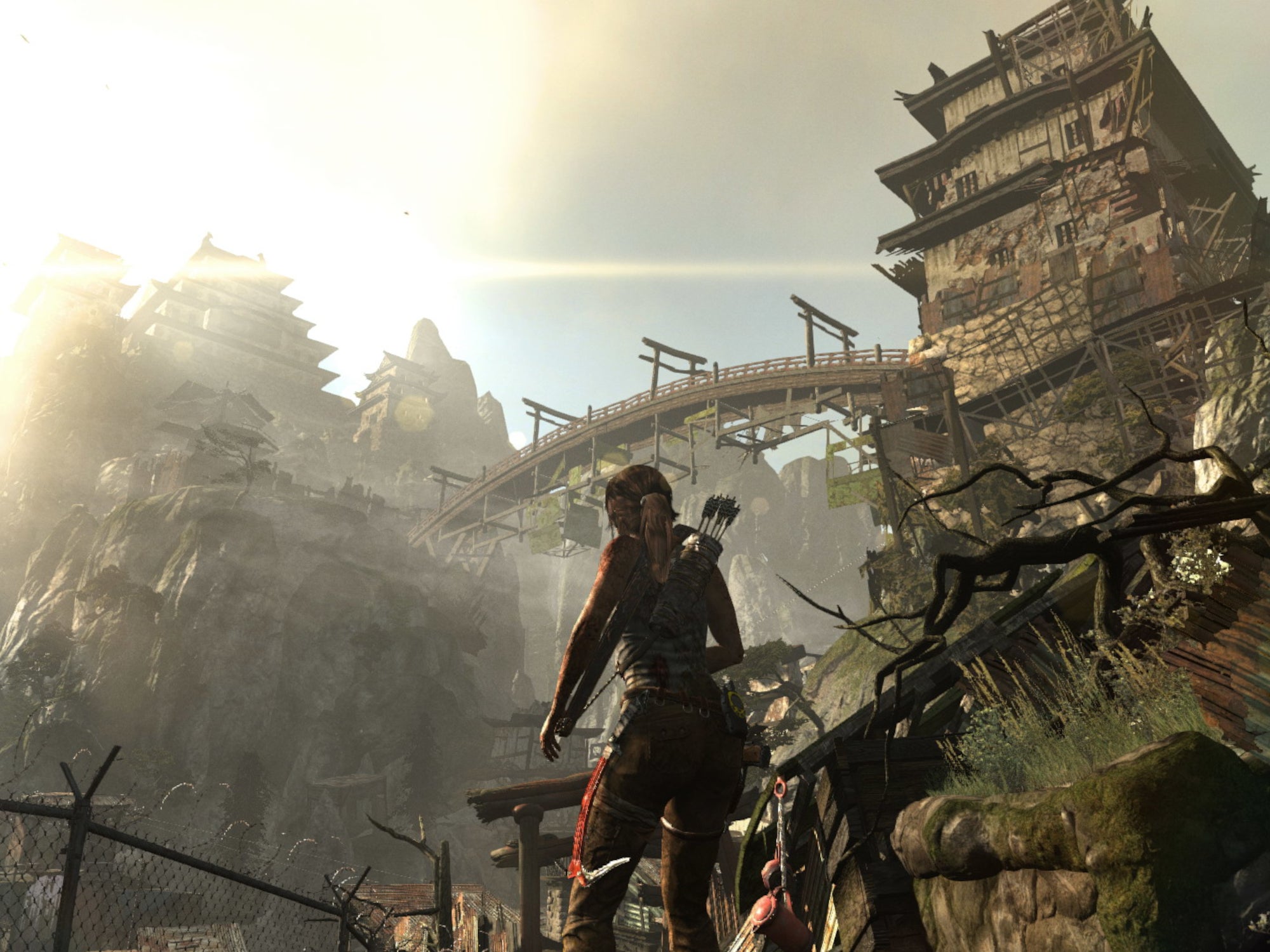Schnelldorf, August 19, 2023 – To motivate students with STEM subjects, Merck’s Life Sciences Department has developed the Curiosity Cube, a shipping container converted into a mobile science laboratory.
The factory in Schnelldorf placed it for two days at each school in Feuchtwangen and Schillingsfürst in order to enable students to have hands-on learning experiences on site.
Encouraging students’ interest in science: that’s the goal of the Merck Curiosity Cube, a 7 x 2.5 meter shipping container that’s been converted into a mobile science laboratory in which interactive, hands-on science experiments take place. To arouse this curiosity, the Merck Schnelldorf website has organized two stops in regional schools: the elementary and middle school in Feuchtwangen Land and the elementary school in Schillingsfürst.
The interest was enormous: in two days each, a total of 423 pupils from Feuchtwangen and Schillingsfürst, who attended grades three to seven, were able to experience exciting practical experiments, which were directed and supported by Merck Schnelldorf staff. The 15 volunteers were laid off their regular hours for Cube time so that they could support the project on site. This kind of commitment is very important to a company. Because in addition to the social and scholastic aspects of the participating children, participation also promotes a positive atmosphere and cohesion in the company itself. Participation in campaigns like these are open to all interested Merck Schnelldorf employees, regardless of their field of work. The auxiliary group brought together people from the most diverse areas of the camp and administration.
The experiments were carried out under the slogan “pollution”. Students used virtual reality (VR), digital microscopes, and other scientific tools to learn about different types of pollution through three interactive experiences:
- They examined evidence of environmental pollution in a variety of sand, soil and water samples and learned how conservationists try to mitigate the negative environmental impacts of pollution.
- Using virtual reality technology, they learned about different types of pollution on classroom surfaces. Students identify pollutants and learn how to prevent their spread.
- Students used scientific tools to perform quality control on a sample drink. They tested temperatures, pH, and sugar levels to see if contaminants were present.

With the “Curiosity Cube” project, Merck wants to spark scientific curiosity and passion at an early stage in order to inspire more school children to pursue a STEM career. According to a study by McKinsey, the number of STEM occupations in Europe is estimated to increase by 39% over the next ten years. With a growing workforce requiring more graduates to fill the pipeline, engaging students from an early age is critical. The opportunity to gain hands-on experience in science from an early age is essential to sparking the educational interest of young minds.
This year, Curiosity Cube will share these important educational experiences with students at more than 220 events in cities and towns across the United States, Canada, and across Europe. A remake with a new theme and new experiences is also scheduled for next year. Interested schools are welcome to contact Merck Schnelldorf regarding participation in 2024.
Source: press release, Sigma-Aldrich Chemie GmbH

“Alcohol buff. Troublemaker. Introvert. Student. Social media lover. Web ninja. Bacon fan. Reader.”






More Stories
Skin rash after eating asparagus? What could be behind it?
Warning signs of Alzheimer’s disease: Researchers find new evidence
Zoonoses: Do squirrels transmit leprosy?